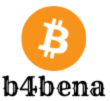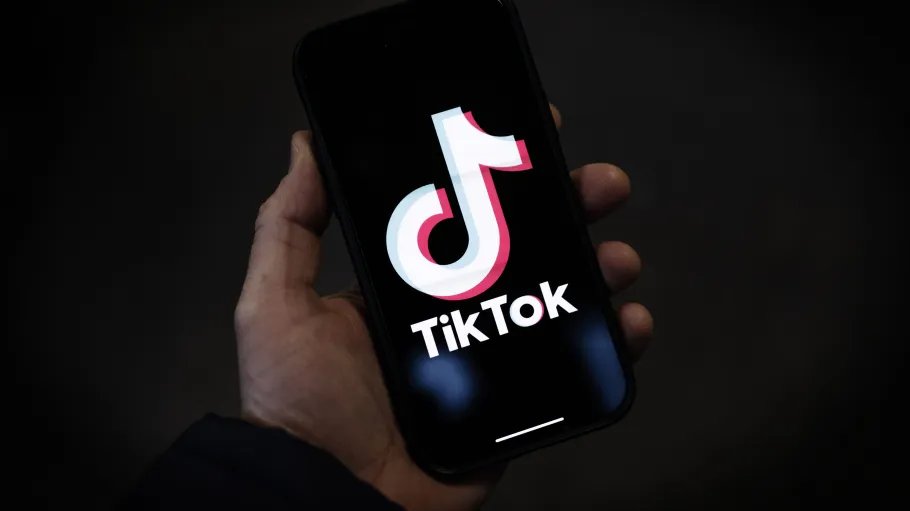
A few clients saw the web-based entertainment application “TikTok” return online on Sunday, following a closure when a government regulation came full circle requiring a deal or boycott.
TikTok glinted back to life in the US on Sunday after President-elect Donald J. Trump said he would give a chief request to slow down a government boycott of the application.
The sudden shift came only hours after major application stores eliminated the famous web-based entertainment webpage, and it quit working for U.S. clients as a government regulation produced results on Sunday. In a post on X, the organization said that in “concurrence with our specialist co-ops, TikTok is currently reestablishing administration.”
Mr. Trump said in a Sunday morning post that he would “issue a leader request on Monday to broaden the timeframe under the steady gaze of the law’s denials and produce results, so we can make an arrangement to safeguard our public safety.”
The restriction comes from a 2024 regulation that requires application stores and distributed computing suppliers to quit disseminating or facilitating TikTok except if its Chinese parent organization, ByteDance, sells it. Legislators ignored the law worried that the Chinese government could utilize the application, which asserts approximately 170 million US clients, to accumulate data about Americans or spread propaganda.
Application stores and distributed computing suppliers that don’t consent to the law face possibly huge monetary punishments. Mr. Trump said in his post on Sunday that his request would “affirm that there will be no risk for any organization that aided hold TikTok back from going dim before my request.”
The chance of a chief request, trailed by TikTok’s dazzling turnaround, marks another stage in the battle about the future of the application, which has reshaped the web-based entertainment scene, characterized mainstream society, and made a living for a large number of powerhouses and private ventures that depend on the stage.
In giving a request, Mr. Trump would bring up issues about law and order in the US. His activity would comprise an endeavor to briefly fix a regulation that passed with wide bipartisan help in Congress and that the High Court collectively maintained the week before.
“We say thanks to President Trump for giving the fundamental clarity and confirmation to our specialist co-ops that they will emerge unscathed, giving TikTok to north of 170 million Americans and permitting north of 7 million private ventures to flourish,” TikTok said in an explanation reporting that the application was returning on the web.
Makers celebrated as TikTok faltered back to life.
“ITS BACKKKKK,” James Charles, a stunner powerhouse, posted on Instagram, where he had been speaking with fans since the boycott produced results.
Strategy specialists and administrators from the two sides of the path gave early alerts that the law is as yet substantial and enforceable. TikTok stayed inaccessible for downloads on the Google and Apple application stores, recommending that a few organizations keep on implementing the boycott.
Legitimate specialists said that the effect of Mr. Trump’s activity would depend on the subtleties of any request he delivered, which is probably going to incite critical inquiries regarding the range and cutoff points of the president’s position.
“There’s no decent way here from a law and order point of view,” said Alan Rozenshtein, an academic administrator of regulation at the College of Minnesota.
Google declined to remark. Apple didn’t promptly answer a solicitation for input. Prophet, which has TikTok on its servers, didn’t quickly answer a solicitation for input.
It is hazy whether Mr. Trump’s endeavors—and the dealings to keep the application online that occurred before he even gets to work on Monday—will find success in the long haul. His chief request could confront a legitimate test, including whether he can stop a requirement of government regulation. Organizations subject to the law might discover that the text of a request doesn’t give sufficient confirmation that they won’t be rebuffed for infringement.
The law permits a president to concede a 90-day expansion assuming a purchaser is found, however, provided that there is “critical advancement” toward an arrangement that places TikTok in the possession of a non-Chinese organization. That bargain likewise must have the option to be finished within 90 days for the president to set off the augmentation. It’s hazy to assume that expansion choice exists, considering that the law is now active.
In his post on Sunday, Mr. Trump mentioned the possibility that he “would like the US to have a half-possession position in a joint endeavor” without giving further subtleties.
TikTok has said that a deal is unthinkable, referring to the idea of its worldwide tasks, and China has previously flagged that it could impede the product of everything significant video-suggestion innovation.
Some strategy specialists said there is too little data to reach an inference about the subsequent stages. “What Trump has proposed via virtual entertainment appears to be rebellious,” said Peter Harrell, a previous Biden organization official. “We’ll need to see how he carries out it.”
Late Saturday, TikTok posted a directive for clients saying that the site was inaccessible yet and that it was “lucky that President Trump has shown that he will work with us on an answer.”
Then, at that point, after reestablishing administration, TikTok invited back clients with a message saying, “Because of President Trump’s endeavors, TikTok is back in the U.S.!”
TikTok and a few majority rule individuals from Congress lately mounted a final desperate attempt to keep the application on the web. Congressperson Hurl Schumer of New York, the vote-based pioneer, secretly told President Biden that the application going dim on his watch would hurt his heritage.
During contentions under the watchful eye of the High Court on Jan. 10, TikTok’s attorney didn’t deny the potential public safety gambles as the judges seemed disparaging of the organization’s lawful test.
“I think Congress and the president were worried that China was getting to data around a large number of Americans, a huge number of Americans, including youngsters, individuals in their 20s, that they would utilize that data over the long haul to foster government operatives, to turn individuals, to coerce individuals, individuals who an age from now will be working in the FBI or the CIA or in the State Division,” Equity Brett Kavanaugh said. “Is that not a reasonable evaluation by Congress and the leader of the dangers here?”
Noel Francisco, who addressed TikTok, answered, “I’m not questioning the dangers. I’m questioning the implies that they have picked.”
Specialist General Elizabeth Prelogar declared that TikTok gathers “extraordinary sums” of individual information that would be “extraordinarily important” to the Chinese government by giving it “an amazing asset for badgering, enrollment, and reconnaissance.”
“For a long time, the Chinese government has tried to fabricate point-by-point profiles about Americans, where we live and work, who our companions and collaborators are, what our inclinations are, and what our indecencies are,” she said, referring to significant information that the U.S. has credited to China throughout the past 10 years, including the hack of the workplace of staff executives that compromised the individual data of millions of government representatives.
The High Court’s TikTok choice
In guarding the law under the steady gaze of the High Court, the Equity Division highlighted two fundamental public safety avocations: countering China’s assortment of information from TikTok’s 170 million U.S. clients and its implied capacity to control content on the application to additional its international advantages.
The High Court’s consistent decision depended on the primary avocation: that China, through the application and its parent organization, Beijing-based ByteDance, can accumulate tremendous measures of data from American clients. The judges found that Congress didn’t disregard the principal change by making a move to address that danger. Congress, it said, “had valid justification to single out TikTok for exceptional treatment.”
The court ceased from moving the public authority’s advantage in halting China’s implied undercover control of content, which the Biden organization had referred to as a public safety legitimization for the law.
“One man’s ‘secret substance control’ is another’s ‘publication tact,'” A researcher wrote in an assessment agreeing in judgment. “Columnists, distributors, and speakers of different sorts regularly make not exactly straightforward decisions about everything stories to say and how to tell them. Without question, the primary alternation has a lot to say regarding the option to settle on those decisions.
CONCLUSION
TikTok’s resurgence features the stage’s versatility and social importance, even amid political choppiness. While Trump’s choice to dial down a blacklist gives transitory help, the episode fills in as a sign of the fragile exchange between legislative issues, business, and web-based entertainment. For TikTok, this second builds up its capacity to adjust and flourish despite vulnerability, cementing its situation as a worldwide computerized force to be reckoned with. Notwithstanding, inquiries concerning security, possession, and impact wait, guaranteeing the stage’s process stays one to intently watch. The narrative of TikTok is a long way from being done; however, its glimmer has without a doubt returned.

